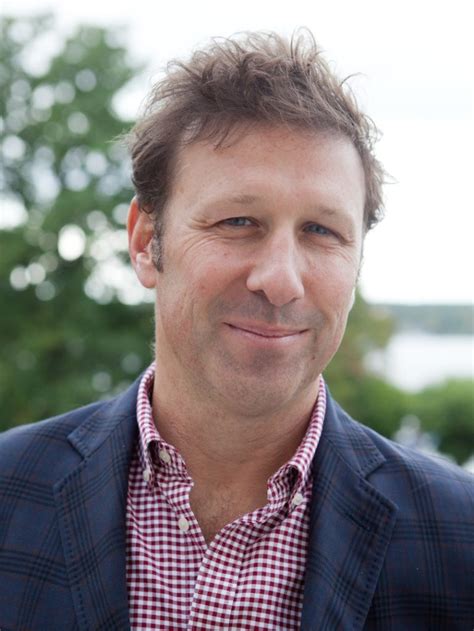A Quote by Romesh Gunesekera
People who read fiction are different from other people because they are people who are interested in an imagined world.
Related Quotes
Science fiction is a weird category, because it's the only area of fiction I can think of where the story is not of primary importance. Science fiction tends to be more about the science, or the invention of the fantasy world, or the political allegory. When I left science fiction, I said "They're more interested in planets, and I'm interested in people."
I am interested in people, and I am interested enough in people that I want to be friends with a lot of people and know about their lives. So I'm not a hermit. I'm also interested in writing about other things. It goes on and on. I sometimes wish that I had a different personality. But then I would write different types of books.
Everybody should read fiction… I don’t think serious fiction is written for a few people. I think we live in a stupid culture that won’t educate its people to read these things. It would be a much more interesting place if it would. And it’s not just that mechanics and plumbers don’t read literary fiction, it’s that doctors and lawyers don’t read literary fiction. It has nothing to do with class, it has to do with an anti-intellectual culture that doesn’t trust art.
And all the books you've read have been read by other people. And all the songs you've loved have been heard by other people. And that girl that's pretty to you is pretty to other people. and that if you looked at these facts when you were happy, you would feel great because you are describing 'unity.
In Pakistan, many of the young people read novels because in the novels, not just my novels but the novels of many other Pakistani writers, they encounter ideas, notions, ways of thinking about the world, thinking about their society that are different. And fiction functions in a countercultural way as it does in America and certainly as it did in the, you know, '60s.
There’s different ways to be impacted by truth. One is to read the scriptures. Another is to read other works by other people who have read the scriptures, non fiction for example. Another is to do studies. Another is to go to a place of worship. Another thing is to sit and listen to someone who’s speaking. There’s all kinds of ways. Another way is to write. About the truth. Discover the struggle through your character.


































